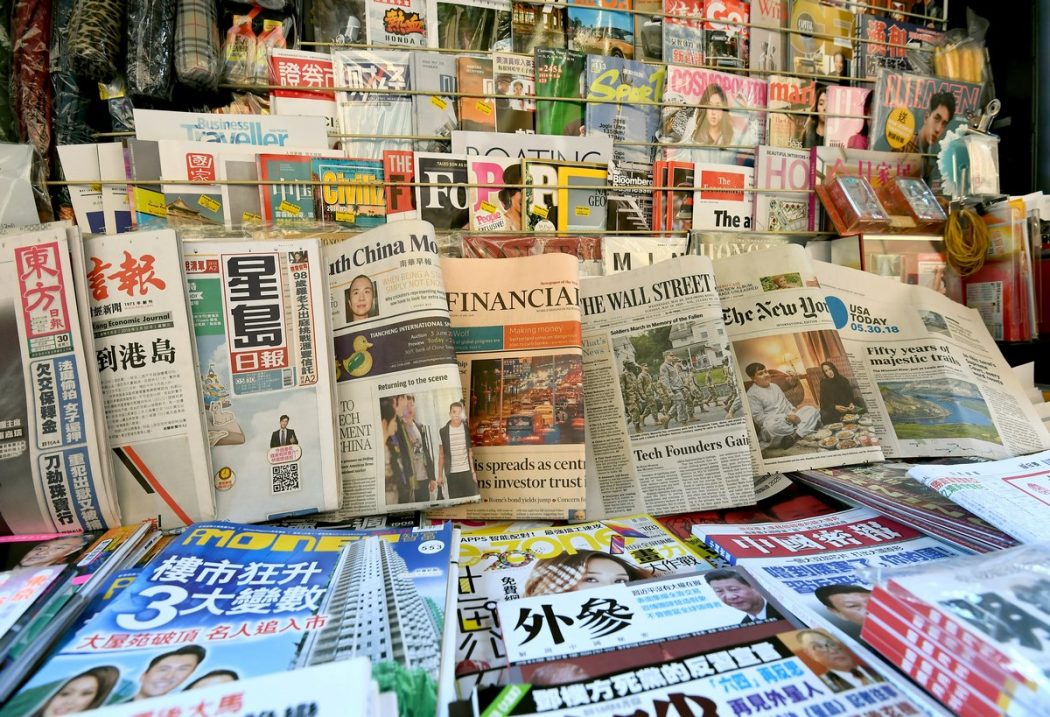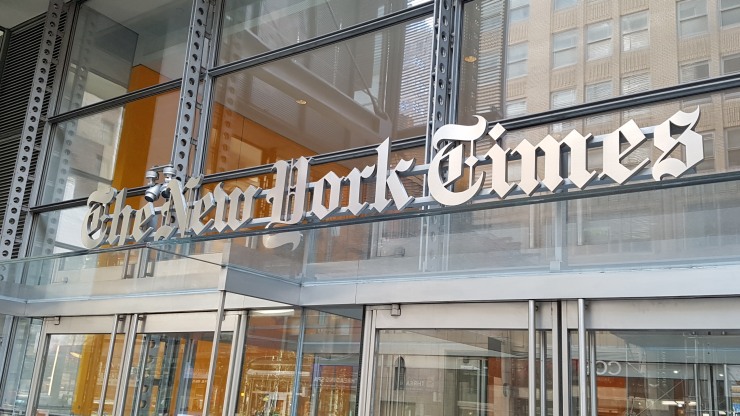Beijing’s foreign affairs office in Hong Kong said on Thursday that China had “diplomatic authority” to retaliate over what it saw as a suppression of Chinese media outlets in the US. The office told the Foreign Correspondents’ Club (FCC) to “distinguish right from wrong,” after the club said journalists in the city were facing “highly unusual” delays in work visa applications.
In a statement issued on Thursday, the Office of the Commissioner of the Ministry of Foreign Affairs in Hong Kong accused Washington of ramping up “political suppression” of Chinese media outlets. The office said actions taken by the US had disrupted normal journalistic activities and were motivated by a “Cold War mentality” and “ideological biases.”

“While proclaiming itself as a champion of the freedom of the press, the US keeps obstructing Chinese media from doing their job, laying bare its hypocrisy, double standards and hegemonic bullying,” the statement read.
Most western media outlets are censored in mainland China, where foreign reporters often face visa denials, surveillance and harrassment.
Beijing warned that, if the US insisted on “going down the wrong path,” China will take countermeasures to safeguard its rights and interests. It added that press freedom and freedom of speech would be protected under Hong Kong’s national security law, but such freedoms should be exercised within legal boundaries.
“[M]edia outlets are not free from law anywhere in the world,” it said.
The Chinese foreign ministry office’s remarks came shortly after the FCC called on China and the US to stop using work visas for journalists as a “weapon” in international disputes.

The club criticised Beijing as being “unfair and self-defeating” in holding reporters responsible for actions taken by US President Donald Trump’s administration. It also condemned the US for placing “punitive” restrictions on Chinese journalists whom they described as being singled out “unjustifiably.”
“This downward spiral of retaliatory actions aimed at journalists helps no one, not least of all the public that needs accurate, professionally produced information now more than ever,” the FCC wrote.
Multiple international outlets such as The New York Times, AFP, CNN, the Wall Street Journal, Bloomberg and the Financial Times have regional offices in Hong Kong. Last month, Chris Buckley of the New York Times was denied a visa without explanation and was forced to leave the city. The Times said it would shift a third of its staff in Hong Kong to Seoul, South Korea.

The Immigration Department has refused to explain the months-long hold-up in granting work visas to foreign journalists. The department told HKFP that the processing time of each application would depend on individual “merits and circumstances.”
